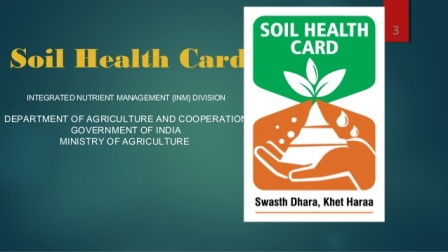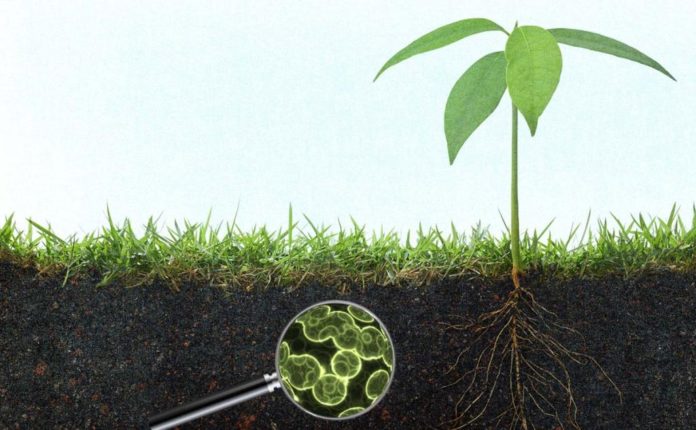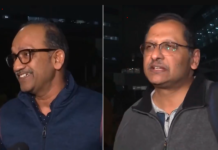“If more valuable than Oil, It’s our Soil…” (‘The Fresh Quotes’)
Just like a healthy scalp results in healthy hair, with healthy soil comes a healthy crop. Irrespective of whether you want grass, shrubs, trees or crop as the end product, the first and foremost challenge is to address soil requirements. Since soil forms the base where our crops grow, altering its properties produces efficient outcomes. Therefore, soil analysis and improvement is imperative for better agricultural productivity. As a part of the national soil health testing project, several soil testing labs where set up in Rajasthan for soil health analysis. Launched in 2015 under PPP (Public Private Partnership) mode, these labs aimed at issuing 70 lakh soil health cards to farmers by March 2017.
Finding flaws in policy implementation, Rajasthan government will order a probe into national soil health testing project. Agricultural officers conducted surprise checks in 69 labs in the state. After thorough inspection it was found that 3 soil testing labs at Deoli, Duni (both in Tonk) and Kekri (Ajmer) featured irregularities in testing process. State agriculture minister Mr. Prabhu Lal Saini ordered a probe to found anomalies.

The minister complains that despite sending several samples to these labs, none of them have issued a single soil health card so far. Therefore, they’ve requested government to monitor all labs under PPP mode.
Why is Soil Analysis Important Prior to Issuing Soil Health Card?
Soil analysis involves a set of procedures to study biological, physical, chemical properties of soil. Based on this data, soil scientists determine fertilizer, insecticide/pesticide, water requirements of the soil. They also consider soil pH, density, water retaining capacity and permeability of the soil. Based on the data, a soil health card is issued for different regions, stating crops that would thrive in that area.

Mismanagement in Soil Testing Labs Delayed distribution of Soil Health Card in Rajasthan
The soil health analysis scheme was launched nationwide, from Ganganagar to Suratgarh on February 19, 2015. Under this scheme, the labs were supposed to recommend nutrient, fertilizers and chemicals for various soil types and crops. Following inspection by state agricultural officers, it was found that staff working at 3 alleged centers lacked training. They didn’t have proper equipment for the same. Also, a single firm runs all three centers. It all points down to a single factor—mismanagement.
All labs were supposed to issue 70 lakh health cards by March 2017. Failing to meet this target, just 39.5 lakh cards have been issued so far. The state also lacks in utilizing UC (Utilization Certificate) issued by the Center. Overall, it ranks far behind than UP in this sector. Therefore, Rajasthan agriculture department is braced up to eliminate this shortcoming.
They’re planning to complete this target by the year end so that they can apply better agricultural strategies the coming year.












